Get to Know Our 2024 Ecotopian Toolkit Jury
January 24, 2024
Our 2024 call for "Ecotopian Tools for Multispecies Flourishing" invites artists and designers of all kinds to introduce “ecotopian” tools that might be used by visitors and inhabitants of Morris Arboretum & Gardens to support diverse, multi-species communities, including humans, amidst the ongoing climate crisis.
Successful proposals for the will be selected by a jury of nine interdisciplinary and community experts chaired by Dr. Bethany Wiggin with support from Megan Pollin Hernandez of the Penn Program for Environmental Humanities. We are so excited to introduce this year's distinguished panel of jurors!
(Proposals are due by March 1, 2024 — learn more about how to apply here.)
Syd Carpenter Artist
Syd Carpenter is a sculptor living in Philadelphia, Pennsylvania. She is also a Professor Emerita at Swarthmore College. Her work is in the permanent collections of the Metropolitan Museum of Art, The Philadelphia Museum of Art, The Renwick Gallery of the Smithsonian, Fuller Craft Museum, Montreal Museum of Art, the Swedish National Museum, Tang Museum of Skidmore College, the Rhode Island School of Design Museum, the James A. Michener Museum, and the Woodmere Museum. She has been a resident artist at the Haystack Mountain School of Crafts, Penland School of Crafts, Anderson Ranch, the Vermont Studio School, and the Watershed Center. Her awards and fellowships include a United States Artists Fellowship, Anonymous Was a Woman, Pew Fellowship in the Arts, Leeway Foundation Grants, National Endowment for the Arts, and Pennsylvania Council on the Arts Fellowships.
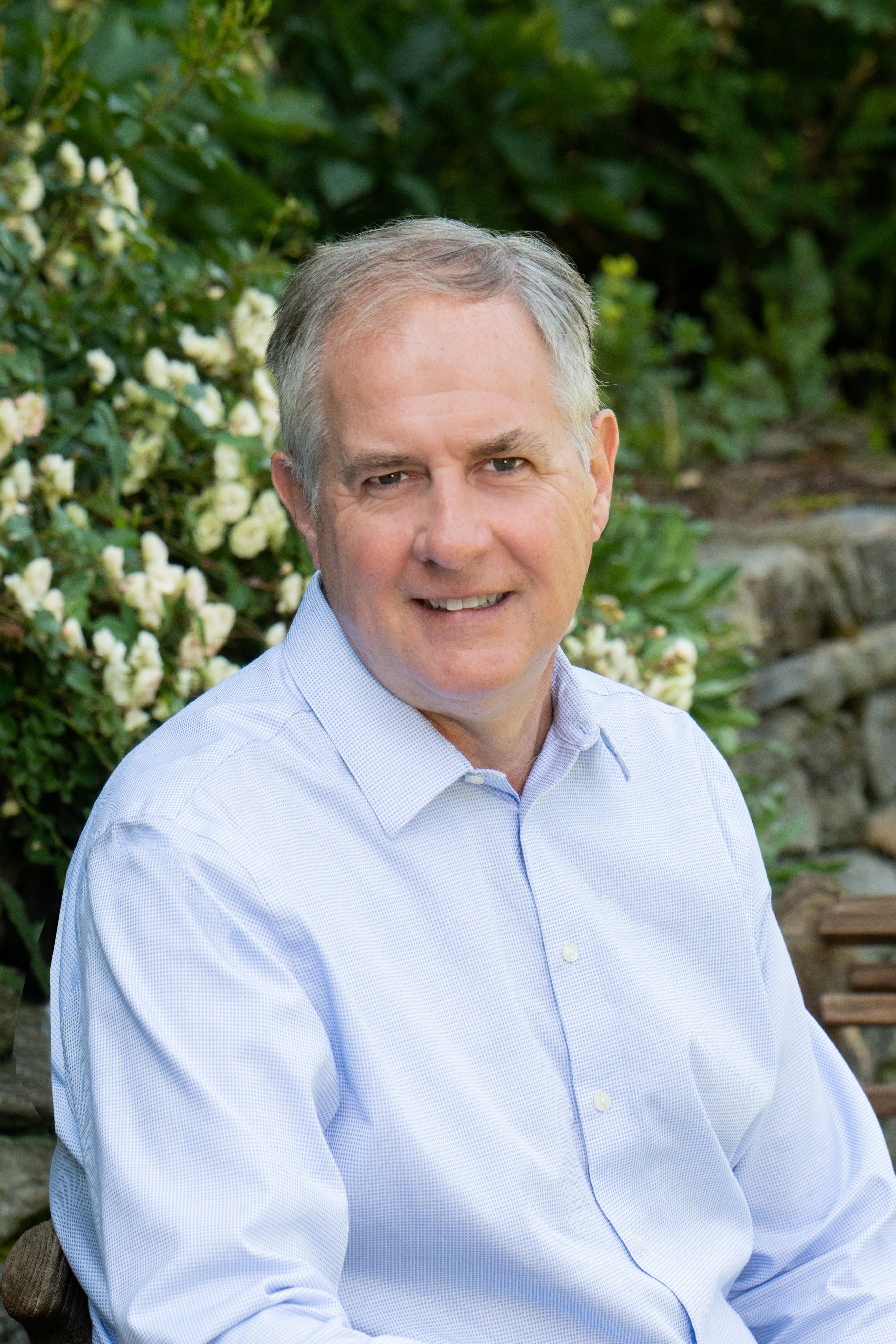
William Cullina Executive Director, Morris Arboretum & Gardens
William Cullina (kul-EYE-nuh) is the F. Otto Haas Executive Director of the Morris Arboretum of the University of Pennsylvania. Prior to this he was the President and CEO of Coastal Maine Botanic Garden for eleven years. Cullina holds degrees in plant science and psychology, has been working in public horticulture for 25 years, and has extensive experience in in horticultural and forestry research, and commercial nursery production. A well-known author and recognized authority on North American native plants, Cullina lectures on a variety of subjects to garden and professional groups and writes for popular and technical journals. His books include, Wildflowers, Native Trees, Shrubs, and Vines, Understanding Orchids, Native Ferns, Mosses, and Grasses, and Understanding Perennials.

Benoit Dubé Chief Wellness Officer, University of Pennsylvania
Dr. Benoit Dubé is an Associate Provost and the University of Pennsylvania’s inaugural Chief Wellness Officer. He is also a Clinical Professor of Psychiatry at the Perelman School of Medicine.
Dr. Dubé directs wellness initiatives across the University and oversees the creation of an integrated new Wellness division. His vision is clear: creating a campus that integrates the science, theory and practice of wellness. By infusing wellness across its eight domains throughout the Penn experience, the hope is to create a campus that leads with care and compassion.
Making wellness a central priority of campus life creates opportunities to reflect and engage on issues of overall wellbeing, stress, mental health, resilience, happiness, and the meaning of success. It allows members of the Penn community to understand wellness as an ongoing holistic process encompassing numerous areas of life.
One of his early projects was a crowdsourcing competition to identify the next Big Idea to promote wellness on campus. Nature Rx and the Penn Farm, were amongst the winners and continue to be available to the entire Penn community.
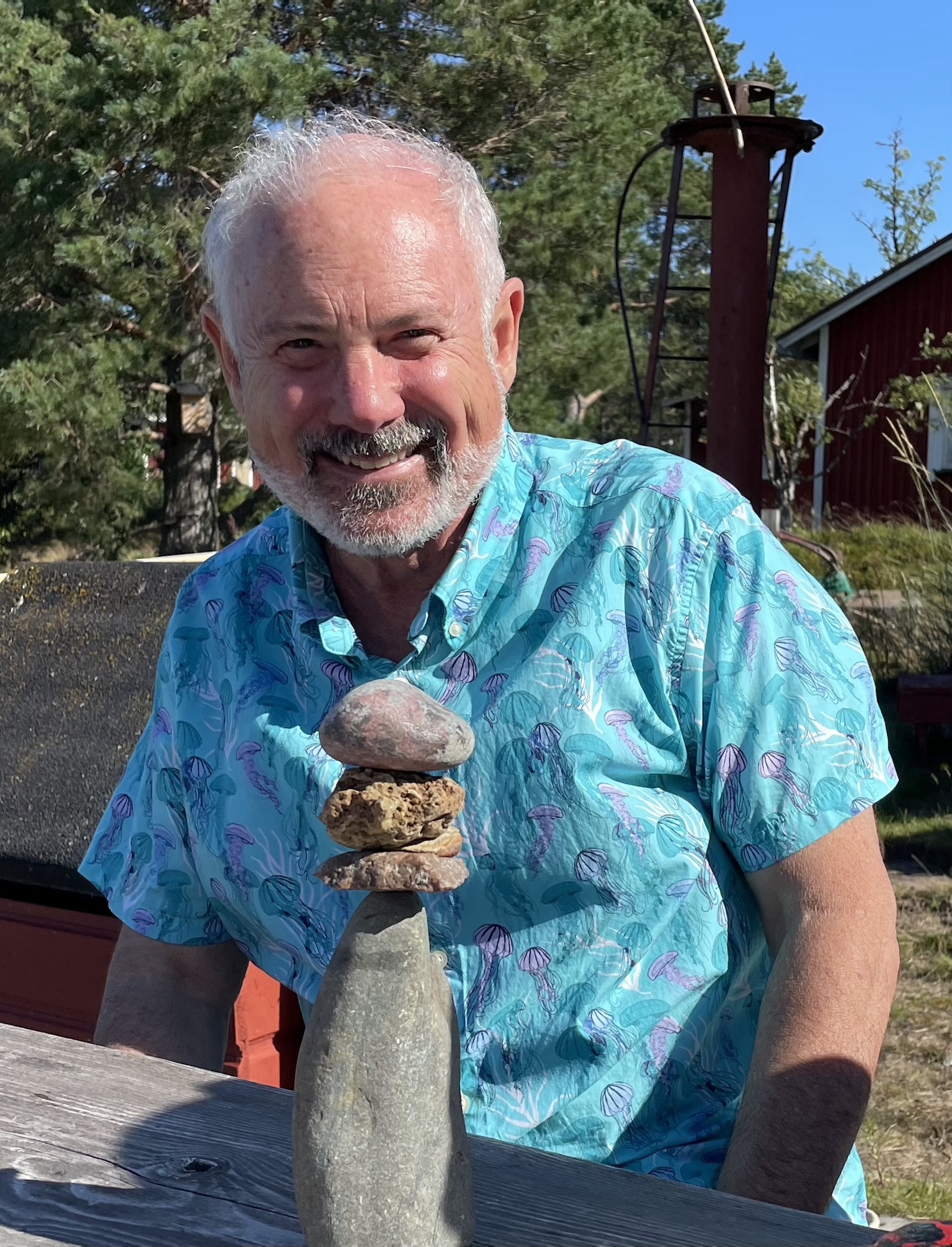
Scott F. Gilbert Biologist and historian
Scott F. Gilbert is the Howard A. Schneiderman Professor of Biology (emeritus) at Swarthmore College, where he has taught embryology and the history and critiques of biology. He is also a Finland Distinguished Professor (emeritus) at the University of Helsinki. Scott’s biological research concerns how changes in embryonic development can generate evolutionary novelties, focusing how changes in gene expression create the shell of the turtle and how microbes generate the rumen of cattle. Scott is the author of the textbooks Developmental Biology (presently in its 13th edition, with co-author Michael Barresi) and Ecological Developmental Biology (now in its second edition and being revised), as well as Fear, Wonder, and Science in the Age of Reproductive Biotechnology, a trade-book concerning both the scientific and emotional aspects of reproductive biotechnology. Scott has received several awards for his work in evolutionary developmental biology, including a John Simon Guggenheim grant and the Kowalevsky Prize in Evolutionary Developmental Biology. He has been awarded honorary degrees from the University of Helsinki and the University of Tartu.In 2002, the Society for Developmental Biology awarded him its first Viktor Hamburger Prize for Excellence in Education, and he received the Burnhill Award from the American Reproductive Health Association in 2009. He received the Biosemiotics Achievement Award in 2015.

Patricia Ononiwu Kaishian Curator, New York State Museum
Dr. Patricia Ononiwu Kaishian is the Curator of Mycology at the New York State Museum, and a professor of biology with Bard Prison Initiative. She is a co-founder of the International Congress of Armenian Mycologists, which seeks to jointly protect Armenian sovereignty and biodiversity. Patricia also studies queer theory and philosophy of science, exploring how mycology and other scientific disciplines are situated in and informed by our sociopolitical landscape. Her work The science underground: mycology as a queer discipline appears in Catalyst: Feminism, Theory, Technoscience. Her forthcoming book, Forest Euphoria, will be published by Spiegel & Grau.
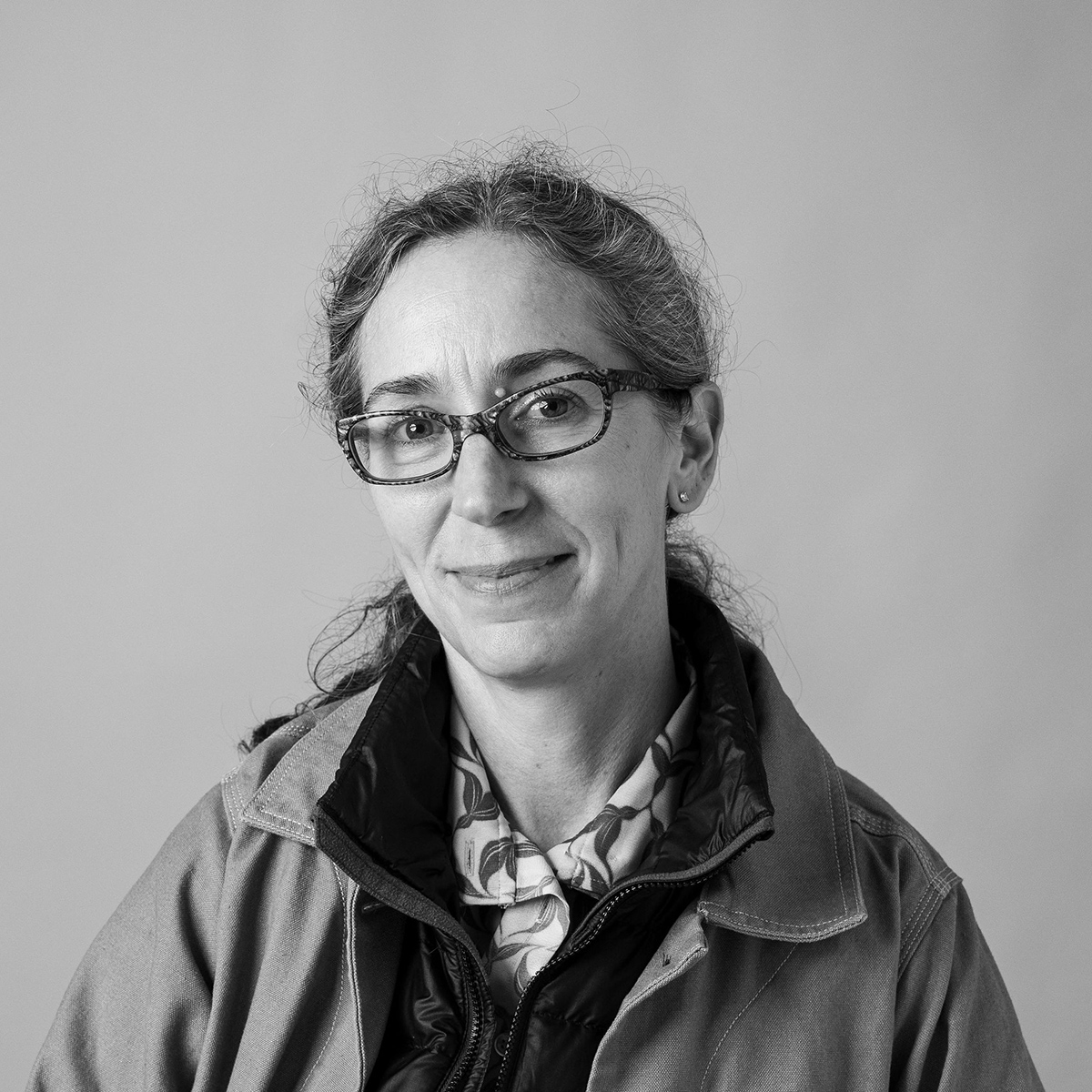
Catherine Seavitt Professor and Chair, Landscape Architecture, University of Pennsylvania
Catherine Seavitt is professor and chair of the Department of Landscape Architecture at the University of Pennsylvania’s Stuart Weitzman School of Design, where she holds the Martin and Margy Meyerson Chair of Urbanism. She is the co-executive director of the Ian L. McHarg Center for Urbanism and Ecology and creative director of LA+ Journal. A registered architect and landscape architect, she studies urban landscapes, post-industrial sites, toxicity, and inventive plant knowledge, with a focus on actionable responses to the climate crisis and decarbonization. Seavitt’s books include Four Corridors (Hatje Cantz, 2019); Structures of Coastal Resilience (Island Press, 2018); Depositions: Roberto Burle Marx and Public Landscapes under Dictatorship (University of Texas Press, 2018); and On the Water: Palisade Bay (Hatje Cantz, 2010).
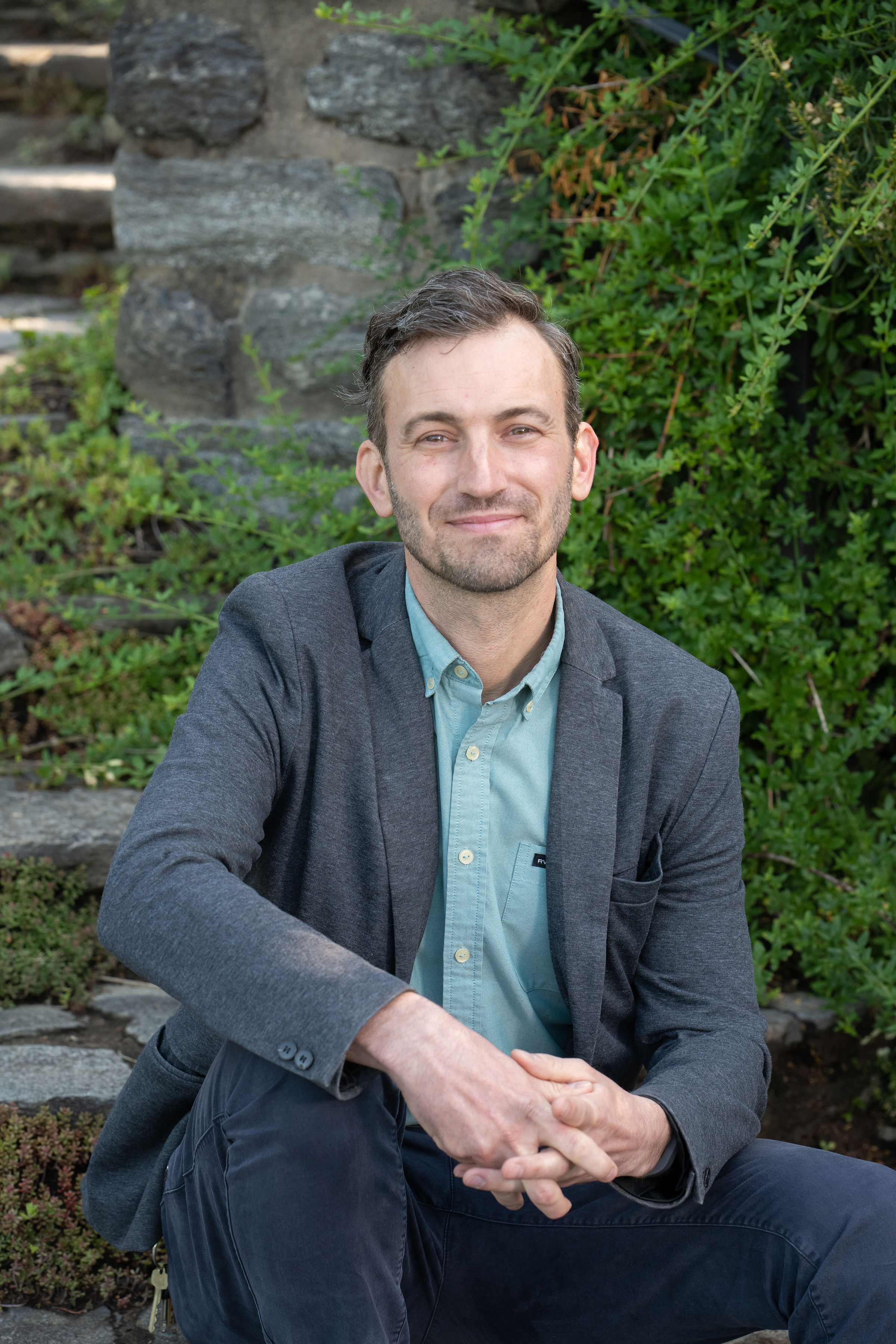
Bryan Thompson-Nowak Director of Education, Morris Arboretum & Gardens
Bryan is a seasoned professional in the realm of public gardens and environmental education. With an impressive 25-year tenure in non-profit organizations, he brings a wealth of experience and expertise to the field. Bryan's skill set spans program planning, project management, and content creation, showcasing his versatility and commitment to enriching educational initiatives.
A proud graduate of the Longwood Graduate Program, Bryan holds a Master of Science in Public Garden Management. His academic background reflects a dedication to advancing knowledge in the field, and he continues to contribute actively by serving on numerous horticulture, plant science, and arboriculture planning committees in the Philadelphia area.
Bryan stands out as a connector of ideas, people, and institutions, driven by a passion to deepen appreciation for the natural world. Through his efforts, he aims to foster collaboration and collective action, believing in our collective ability to make a positive impact. Bryan's commitment to education, coupled with his strategic planning and project management skills, positions him as a valuable contributor to the intersection of environmental awareness and community engagement.
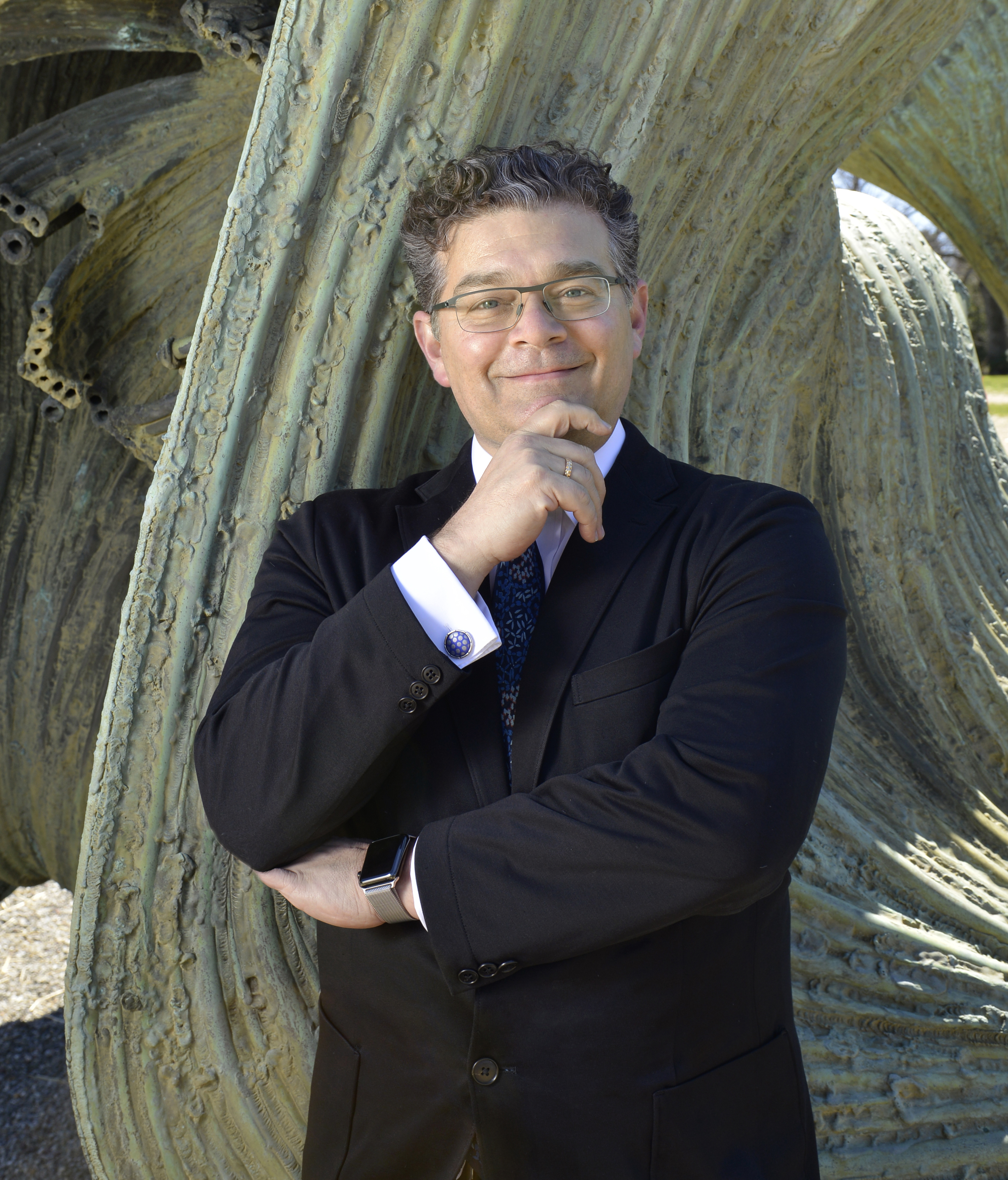
William Valerio Director and CEO, Woodmere Art Museum
Since 2010, William Valerio has served as the director and CEO of Woodmere Art Museum in Philadelphia. He earned an MA in art history from the University of Pennsylvania in 1987 and a doctorate in art history from Yale University in 1996. He then served as curator at the Queens Museum of Art in New York, where he became Interim Director of Exhibitions. Drawn back to Philadelphia in 2002 by Wharton, he completed the MBA program in 2004. While at Wharton, Dr. Valerio worked on various projects for the Philadelphia Museum of Art, where he became Assistant Director for Administration. Appointed to the directorship of Woodmere in 2010, he has overseen a dramatic expansion of that Museum’s contribution to the region’s cultural vitality.
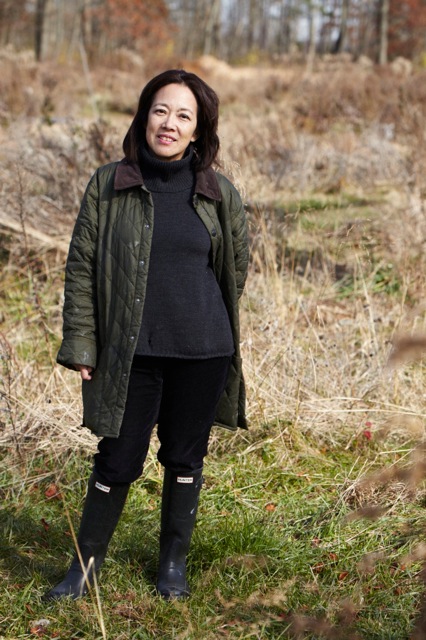
Tama Matsuoka Wong Forager, farmer, author
Tama Matsuoka Wong served more than 25 years as a financial services lawyer in Tokyo, New York and Hong Kong where she was Asia Pacific General Counsel for Merrill Lynch. After returning to her native New Jersey she rediscovered her passion for the natural world, launching Meadows and More LLC to connect experts in the field of meadow restoration, botany and wildlife with people in the community.,serving on the advisory board of several local nonprofits such as New Jersey Conservation, NJ Audubon and Bowmans Hill Wildflower Preserve. In 2007 she was named Steward of the Year by the New Jersey Forest Service.
She began exploring the edible potential of wild plants, working closely with Michellin starred NYC Chef Eddy Leroux to author Foraged Flavor, a wild food field guide and cookbook (Clarkson Potter June 2012), nominated for a James Beard award. In 2017 she co-authored Scraps, Wilt and Weeds with Danish chef Mads Refslund, building on illuminating conversations with NRDCs Dana Gunders and Harvard Law School Professor Emily Broad Lieb. In addition to running an innovative wild food business and supplying chefs and outlets in the NYC area, Tama speaks to diverse audiences such as the James Beard House, Garden Club of America, the American Museum of Natural History, Slow Food, schools and has hosted foraging events, from Charleston to Seattle to Toronto.
Tama has been featured in CBS Sunday Morning “Our war against weeds” as well as the NY Times “Finding Flavor in the Weeds”, the WSJ, Edible Manhattan, Bloomberg Stealth lawyers, NPR Science Friday, among others. She gave a 2013 TedX Manhattan talk on “How I did less and ate better, thanks to weeds”.
Tama has a new book publication date March 12 2024: Into the Weeds: How to Garden Like a Forager about Gardening during the Anthropocene. She is also completing an ecourse certification from Cornell on Plant Based Medicine.
Tama lives in Hunterdon County New Jersey with her husband and is an emptynester.
